Applied Oral History
Oral history has been an underused tool for the study of Russia; yet studying history with people having personal knowledge of past events is key to interpreting history, as well as, hopefully, to avoid repeating past mistakes. The Russia Program and its partners strive to develop oral history and make direct conversations with decision-makers an available tool for research.
ABOUT
Applied Oral History
Applied oral history aims at comprehending the present through retrospective analysis of political actors' motivations and behavior and providing insights for future policy-making.
The Russia Program invites you to explore these collections of interviews with American and Russian politicians and experts.
The Russia Program invites you to explore these collections of interviews with American and Russian politicians and experts.
Applied oral history offers a unique tool for studying individual and collective memory—with all its attendant caveats. It is a more participatory view of how to write a history that does not start and stop with official written sources alone, and which can thereby capture the texture of lived experiences.
The Russia Program cooperates with other initiatives to establish a corpus of oral history that will be useful for future generations of researchers.
The Russia Program cooperates with other initiatives to establish a corpus of oral history that will be useful for future generations of researchers.

From their first meeting in 2001, the rapport between Russian President Vladimir Putin and U.S. President George W. Bush was obvious for all to see. This oral history records both American and Russian perspectives on political, economic, diplomatic, and military developments in the first decade of this century as a way of furthering our understanding of the current state of U.S-Russian relations.
Oral History of Western Business in Russia
COMING SOON!
Latest interviews
Condoleezza Rice served as U.S. secretary of state during the second term of the George W. Bush presidency, from 2005 to 2009.
Robert M. Gates served as U.S. secretary of defense from December 2006 to July 2011.
Alexander Voloshin served as the chief of staff of the Presidential Administration of the Russian Federation from 1999 to 2003 under Presidents Boris Yeltsin and Vladimir Putin.
Subcribe to our newsletter
You will receive our biweekly newsletter with the most relevant Russia-related research news.

